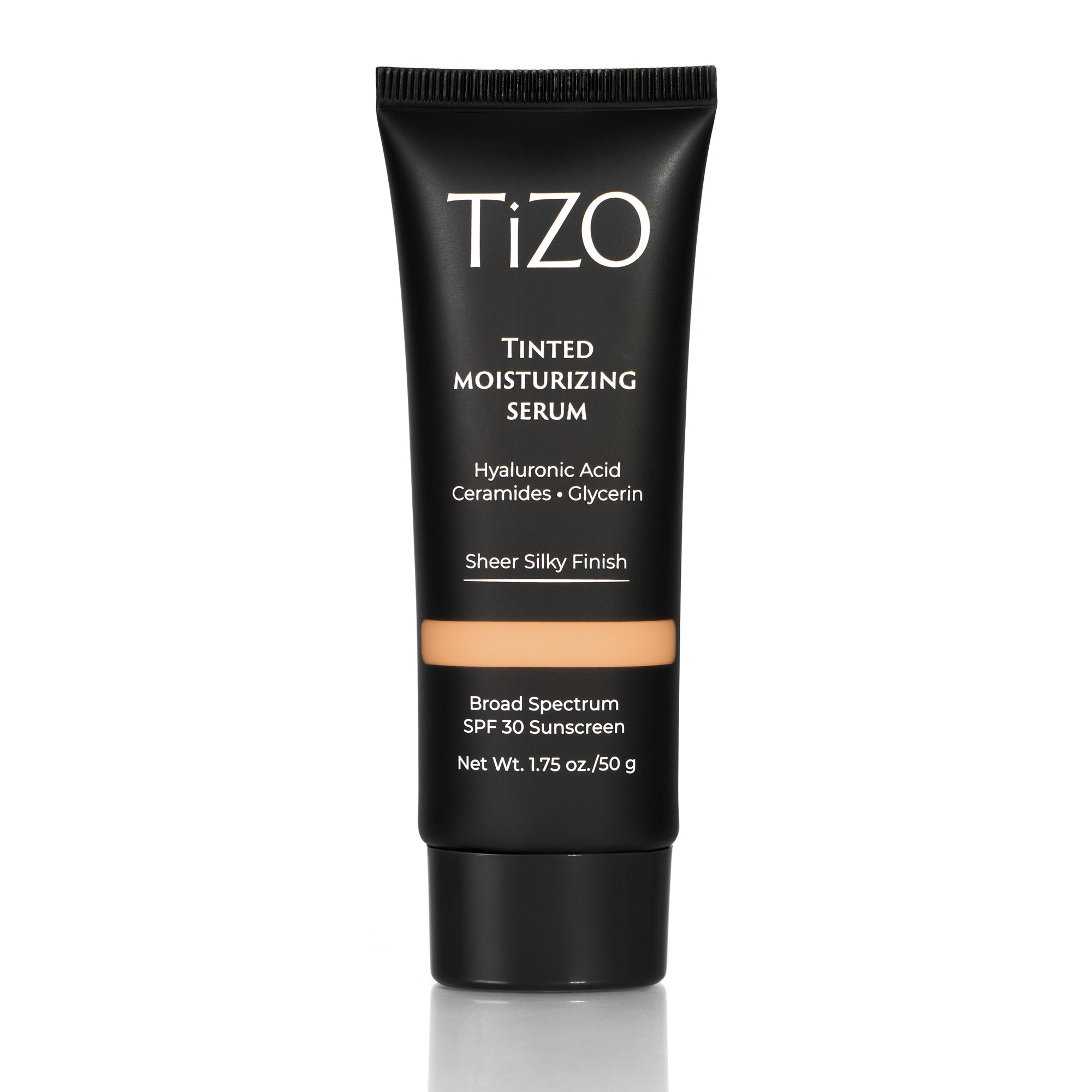Peptides in Skincare: How Do They Work?
It seems as if peptides are popping up all over the skincare world, finally getting the attention they deserve. You may even hear vitamin c, retinol and peptides discussed in the same conversations as the powerhouse ingredients for anti-aging. So, what are peptides, how do they work, and what are the benefits of peptides in skincare?
What are peptides in skincare?
The short answer is that peptides are short chains of amino acids that are the building blocks of proteins.
The long answer is that when amino acids are combined, they create peptides. And when there is a certain sequencing of peptides, they make proteins. Some proteins are already present in our skin – like collagen and elastin – and in other parts of our bodies like our hair and nails. But like many other components of our skin, the number of peptides in our skin decreases as we age, hence the need to incorporate them into our skincare routine.
Without these “building blocks of our skin”, the structure and integrity of our skin decreases, leading to the loss of firmness, textural issues, dullness, and the appearance of fine lines and wrinkles.
There are hundreds of different peptides, but one good rule of thumb when looking for peptide ingredients in your skincare product is to look for words ending in “peptide” or beginning with “palmitoyl.” They also commonly have numbers after their name, although that’s not always the case. Here are some of the different types of peptides commonly used in skincare products:
- Neurotransmitter peptides – these are found in injectables like Botox and in some skin care products with Argireline. They work to release wrinkles by inhibiting the contraction of the muscles.
- Carrier peptides – these peptides deliver ingredients to the skin to help promote the production of proteins. Copper peptides are a common form of carrier peptide.
- Signal peptides – these peptides are fittingly named because they signal the skin to do something, like produce a certain protein. Many forms of palmitoyl tripeptides (including Matrixyl®), tetrapeptides, and hexapeptides are popular signal peptides commonly used in skincare.
In the realm of skincare ingredients that can reverse visible signs of aging, they are far and few between. Peptides have the potential to renew the skin in just this way because in skincare, peptides are used to deliver messages to skin cells, telling them to do things like produce more of a certain protein, reduce inflammation, or protect the skin from damage.
What are the benefits of peptides for skin?
When it comes to skincare products, the benefits of peptides are vast. Many products featuring peptides are marketed as either anti-aging or as a barrier product, and with these benefits, it’s easy to see why. Peptides can help:
- Improve the appearance of fine lines, wrinkles, and age spots
- Improve the skin’s texture and firmness
- Reduce the appearance of enlarged pores
- Reduce inflammation
- Even skin tone
- Soothe irritation
- Heal minor wounds
How to use peptides
The best peptide source for skincare is going to depend on what results you’re looking for. If you’re looking to tackle anti-aging, you’ll likely be looking for a moisturizer or serum with signal peptides. If you’re looking for barrier protection or healing, you’ll be looking for a moisturizer or emulsion with something like copper peptides. Keep in mind also that peptides work best when used in a leave-on product, so try to avoid getting your peptides from a cleanser or other wash-off product.
You’ll also want to consider the other ingredients in the product. Peptides for inflammation and healing may be paired with ingredients like ceramides, glycerin, zinc oxide, or hyaluronic acid. For anti-aging products, peptides and vitamin c, antioxidants, or niacinamide make for great combinations.
Remember to use the product as directed and be patient. It may take several weeks or months to see results.
Are there potential peptide side effects?
Peptides are generally considered safe and effective for most people. However, it is important to note that peptides can sometimes cause side effects, such as redness, irritation, and itching. If you experience any of these side effects, you should stop using the product and consult with a doctor or dermatologist.
TiZO® products with peptides
We kept the above information in mind when formulating our products with peptides to give you the best ingredients with great results.
TiZO Eye Renewal Non-Tinted SPF 20
Our eye cream with peptides and mineral SPF is designed to help firm and smooth while gently protecting the delicate eye area from damaging UV rays. The botanical blend and caffeine help firm, smooth, and de-puff the eye area, and Selenium offers antioxidant benefits. Silky and non-tinted, TiZO Eye Renewal glides on invisibly, won’t interfere with makeup, and can be used under, above, and around the eye area.
The peptides: This product features a multi-peptide complex with Palmitoyl Tetrapeptide-1 and Palmitoyl Tetrapeptide-7, both signal peptides used to help reduce the appearance of fine lines and wrinkles.
Our luxe serum with peptides, niacinamide, and a powerful antioxidant blend leaves the skin feeling extremely soft and renewed with a more firm, even, and youthful radiance that helps minimize the appearance of pores, fine lines, and wrinkles.
The peptides: This unique multi-peptide formulation includes Matrixyl 3000®, one of the anti aging peptides used commonly in skincare and known for helping to restore the skin’s youthful appearance.
Our skin protectant is a calming emulsion with a velvety, primer-like texture that works to improve skin’s texture and hydration and helps protect skin from the drying and irritating effects of wind and cold weather. It also helps to protect the skin from environmental pollutants and particulate matter for a healthy skin barrier.
The peptides: We formulated this with bisabolol and copper peptides for skin soothing and anti-irritation benefits, as well as dimethicone to help moisturize and smooth the skin. Copper peptides are some of the best peptides for inflammation reduction, so we included a couple of them in this product.
We also get asked this a lot: can you use peptides with retinol? There has been some debate in the skincare community about this, mostly because both ingredients are so powerful. That’s why we specifically formulated our TiZO AM Rejuvenation for use in the morning (hence the AM in the name), and our TiZO PM Restore with retinol to be used at night, of course. This allows time for the powerful ingredients in AM Rejuvenation to get into the skin all day long. Then you can have PM Restore incorporated in your nighttime routine to gradually get into the skin through our time release delivery system.
The combination of these two products helps tackle fine lines and wrinkles, firmness, and texture issues all day and all night.
When it comes to anti-aging skincare ingredients that deserve more recognition, peptides definitely make the list. Peptides can be a terrific way to improve the appearance of your skin. By following these tips, you can choose the right peptide skincare product for you and get the results you want.






Leave a comment